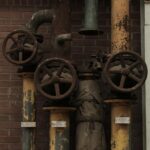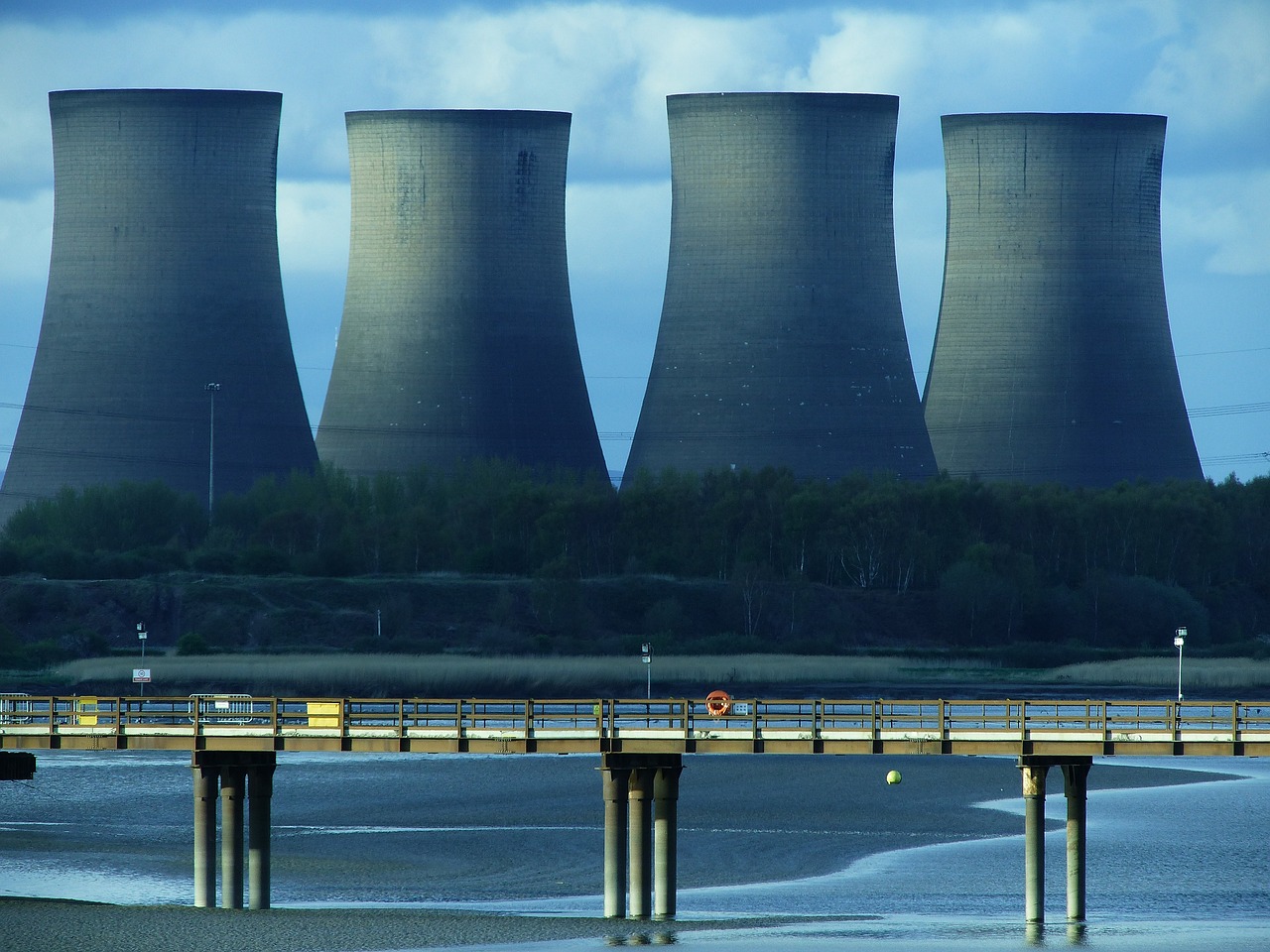Introduction: Chemical engineering is a diverse and dynamic field that plays a crucial role in numerous industries, including pharmaceuticals, energy, manufacturing, and materials. However, when conflicts arise and war breaks out, the consequences can ripple through various sectors, including chemical engineering. This article delves into the impact of war on chemical engineering jobs and explores the challenges faced by professionals in this field during times of conflict.
Disruption of Supply Chains: War disrupts global supply chains, affecting the availability of raw materials, equipment, and specialized machinery required in chemical engineering processes. As conflicts often involve trade restrictions, embargoes, and transportation disruptions, chemical engineering industries heavily dependent on imports or exports may suffer. This disruption can lead to scarcity, price hikes, or even unavailability of crucial materials, hampering manufacturing processes and limiting job opportunities.
Infrastructure Damage and Destruction: War-inflicted damage to infrastructure is a significant setback for chemical engineering operations. Manufacturing facilities, refineries, research labs, and storage facilities are at risk during times of conflict. Infrastructure destruction not only directly affects chemical plants but also hampers the surrounding infrastructure required for smooth operations, such as transportation networks and power supply. Rebuilding damaged infrastructure is a time-consuming process, delaying the resumption of chemical engineering activities and impacting job opportunities in the sector.
Safety and Environmental Concerns: War zones often witness an increased risk of chemical spills, explosions, and other hazardous incidents. Chemical engineering professionals play a vital role in ensuring the safe handling, storage, and disposal of chemicals. However, in war-affected areas, these safety protocols may be compromised due to unstable conditions, lack of resources, or insufficient personnel. This not only jeopardizes the environment but also poses significant risks to the health and well-being of workers, potentially leading to a decrease in available job opportunities.
Research and Development Setbacks: War diverts resources and attention away from research and development (R&D) initiatives, which are the lifeblood of the chemical engineering field. During periods of conflict, governments and industries often redirect funding and resources towards defense and security, leaving little room for investment in scientific research and technological advancements. As a result, the progress of chemical engineering innovations may suffer, limiting the growth and demand for specialized jobs in R&D.
Brain Drain and Migration: War can trigger mass migration as people seek safety and stability in other regions or countries. This exodus of skilled professionals can lead to a brain drain, depleting the talent pool of chemical engineers in war-affected areas. The loss of experienced personnel can have long-lasting implications for the local industry, as the expertise and knowledge required for complex chemical processes may be difficult to replace. Furthermore, migration often results in job market saturation in regions where professionals seek refuge, making it even more challenging for displaced chemical engineers to find suitable employment.
Conclusion: War undeniably has a profound impact on chemical engineering jobs. The disruption of supply chains, infrastructure damage, safety concerns, setbacks in research and development, and the potential brain drain are just a few of the challenges faced by chemical engineers during times of conflict. To mitigate these consequences, governments, industries, and international organizations should prioritize stability, invest in rebuilding efforts, and promote collaboration to revive and sustain the chemical engineering sector in war-affected regions. By doing so, we can help rebuild not only the infrastructure but also the careers and livelihoods of chemical engineers affected by the ravages of war.















